Cats, those enigmatic creatures, have long fascinated humans. Their behavior, often aloof and mysterious, leads many to wonder about their memory capabilities. Do they remember us? If so, what do they remember most? This article delves into the intricacies of feline memory and what makes them remember certain things about their human companions.
The Complexity of Feline Memory
Cats possess a memory system more intricate than one might expect. Unlike humans, their memory isn’t primarily verbal. Instead, it relies on scents, sounds, and visual cues. This makes their memory both unique and complex. When a cat recalls an event or a person, it’s often through a combination of sensory experiences. Think of it as a mental scrapbook filled with smells, sounds, and images rather than words.
Understanding Short-Term Memory in Cats
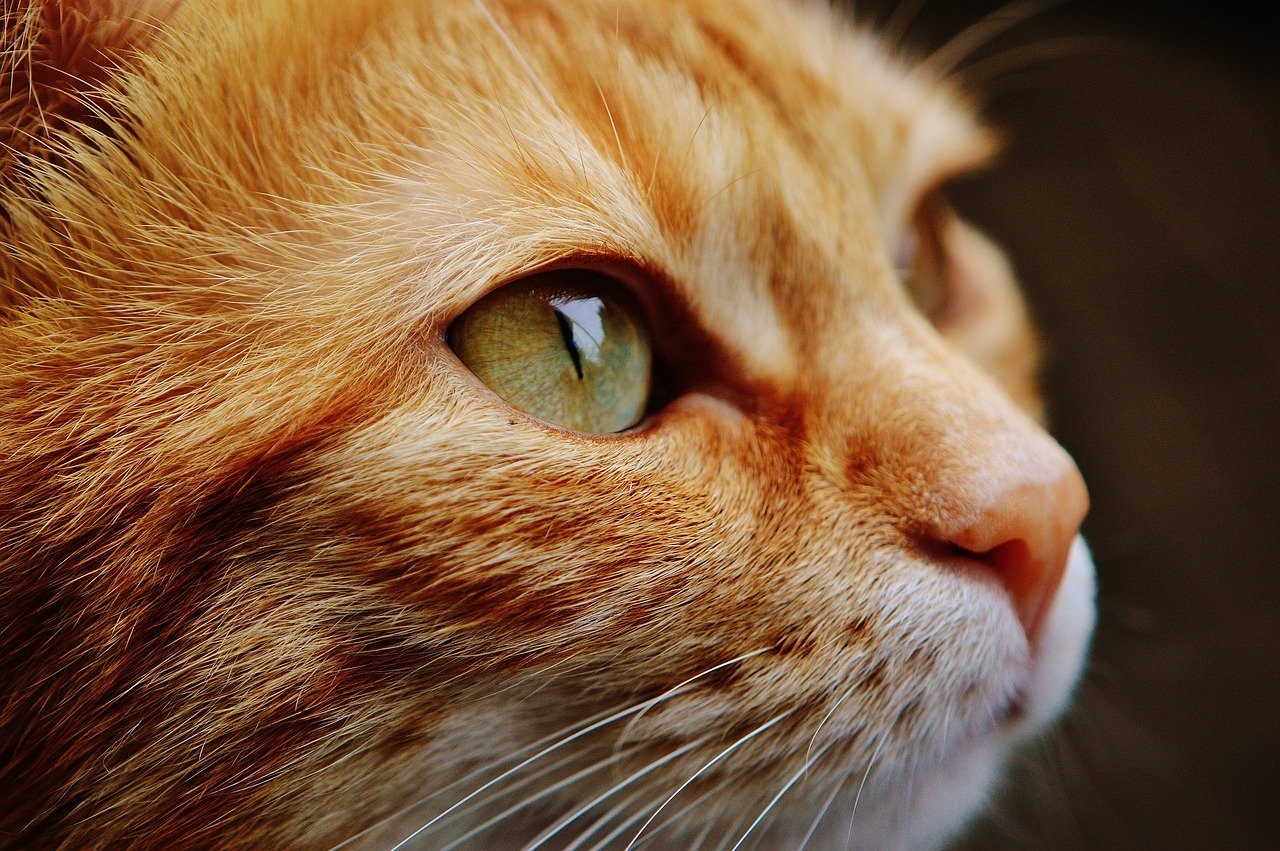
Short-term memory in cats is surprisingly efficient. While they may not recall every detail, they remember critical components of recent experiences. For instance, if you introduce a new toy, your cat might remember its shape and color for a short while. This type of memory allows cats to navigate their immediate environment effectively, ensuring they always find their favorite napping spot or avoid a recent scare.
Long-Term Memory: The Heart of Feline Recollection
Long-term memory in cats is where the magic happens. Cats can remember people and events from years ago. This memory is often linked to emotional experiences. A cat might remember the comforting voice of a previous owner or the sound of a can opener signaling dinner time. These memories are stored deeply, sometimes influencing their behavior in subtle ways.
The Role of Smell in Memory Retention
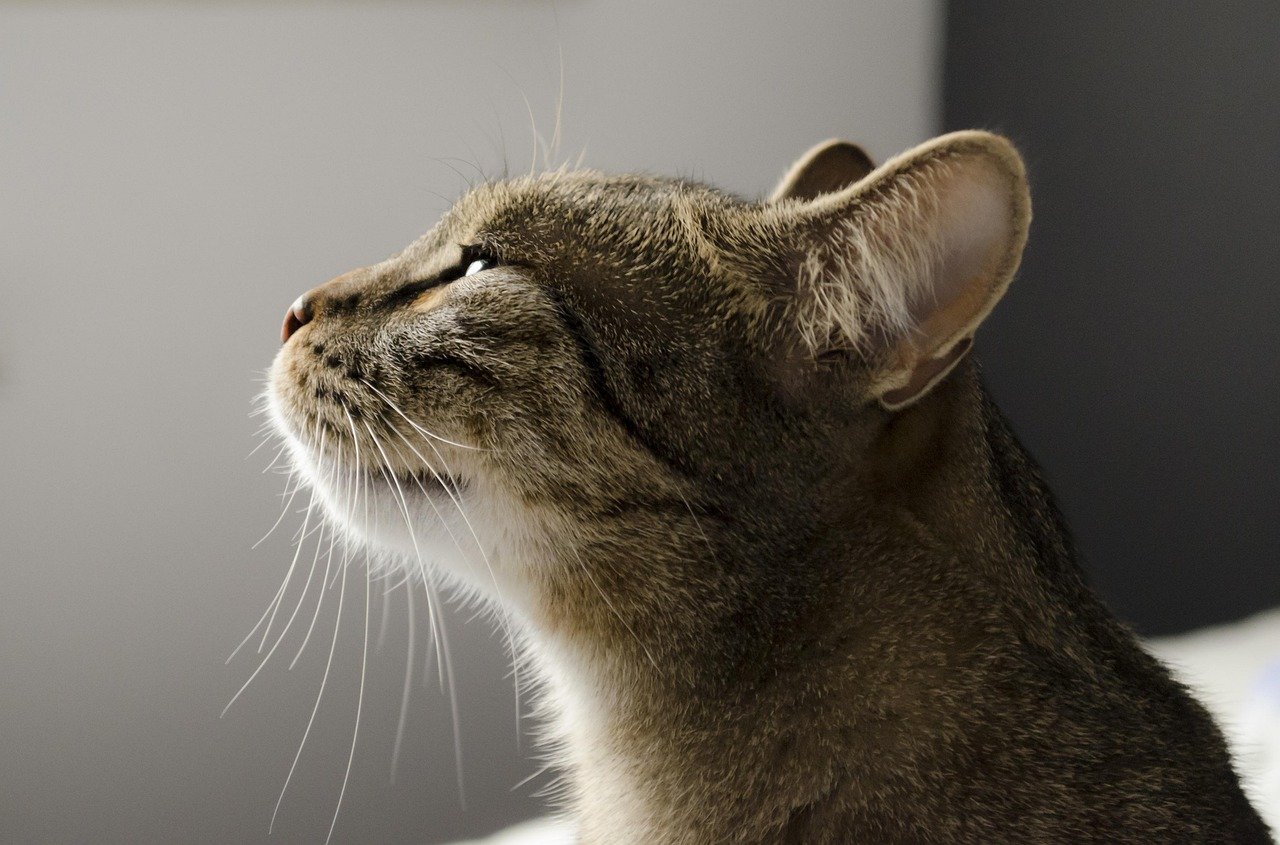
Scent plays a pivotal role in a cat’s memory. Cats have an extraordinary sense of smell, which they use to navigate their world. A familiar scent can trigger memories of past experiences or people. When you return home after a long day, your cat might recognize you first by your scent, associating it with comfort and safety. It’s their olfactory way of saying, “I remember you.”
Emotional Bonds and Memory
Cats form emotional bonds with their human companions, and these bonds significantly impact their memory. A loving interaction can leave a lasting imprint on a cat’s mind. Cats often remember the warmth of a cuddle or the joy of playtime. These positive experiences strengthen their bond with humans, making them more affectionate and trusting over time.
Memory and Routine: Why Cats Thrive on Consistency
Cats are creatures of habit, and their memory thrives on routine. Daily rituals, like feeding times or bedtime cuddles, become ingrained in their memory. This consistency provides comfort and predictability, making cats feel secure. When routines are disrupted, cats can experience stress, showcasing the strength of their memory tied to everyday patterns.
Recognizing Faces and Voices
Cats can recognize the faces and voices of their human companions. While they might not respond to their name like a dog, they often perk up at the sound of their owner’s voice. This recognition is a testament to their memory, showing they can differentiate between familiar and unfamiliar people based on auditory and visual cues.
Memory and Survival Instincts
Memory plays a crucial role in a cat’s survival instincts. Cats remember potential threats and safe havens. This instinctual memory helps them navigate their environment safely. For example, if a cat encounters a dangerous situation, it’s likely to remember and avoid similar scenarios in the future, showcasing their ability to learn from past experiences.
The Impact of Age on Memory
As cats age, their memory can change. Older cats might experience memory decline, similar to humans experiencing age-related cognitive changes. However, many cats maintain strong memories well into their senior years. Regular mental stimulation through play and interaction can help keep their minds sharp and memories intact.
How Trauma Affects Memory

Traumatic experiences can leave a lasting impression on a cat’s memory. Cats may remember distressing events, leading to behavioral changes or anxiety. Understanding this aspect of their memory can help in providing the care and reassurance they need to overcome past traumas, ensuring a happier, more secure life.
The Influence of Genetics on Memory
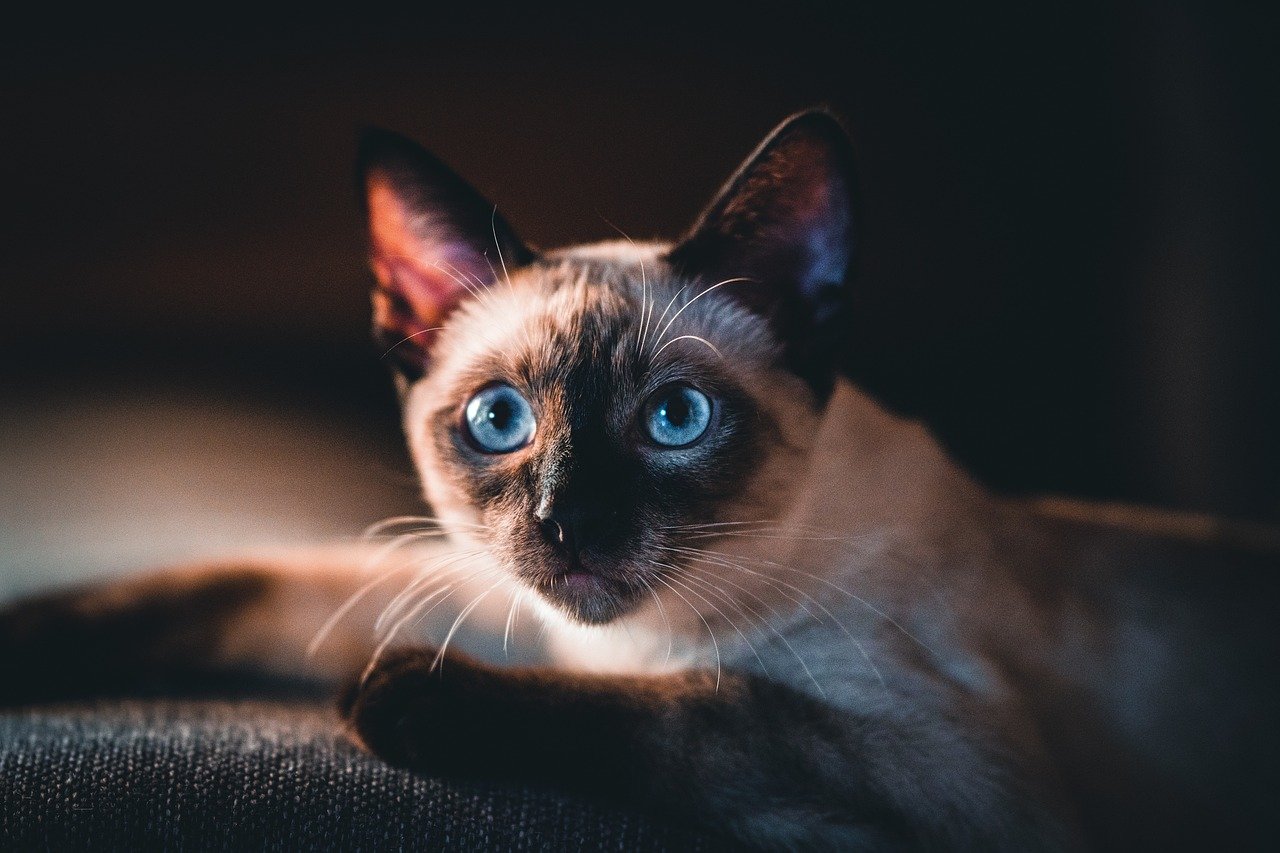
Genetics can also play a role in a cat’s memory capabilities. Some breeds are naturally more curious and may have a better memory for certain things. For instance, Siamese cats are known for their intelligence and ability to remember routines and people. Understanding these genetic factors can help cat owners provide better care tailored to their pet’s memory and learning style.
Training and Memory Retention
Cats can be trained, and this training relies heavily on their memory. Through repetition and positive reinforcement, cats can learn commands, tricks, and behaviors. This ability to remember and respond to training highlights their cognitive capabilities. It also reinforces the bond between cat and owner, as training often involves rewarding interactions.
Memory in Play and Exploration
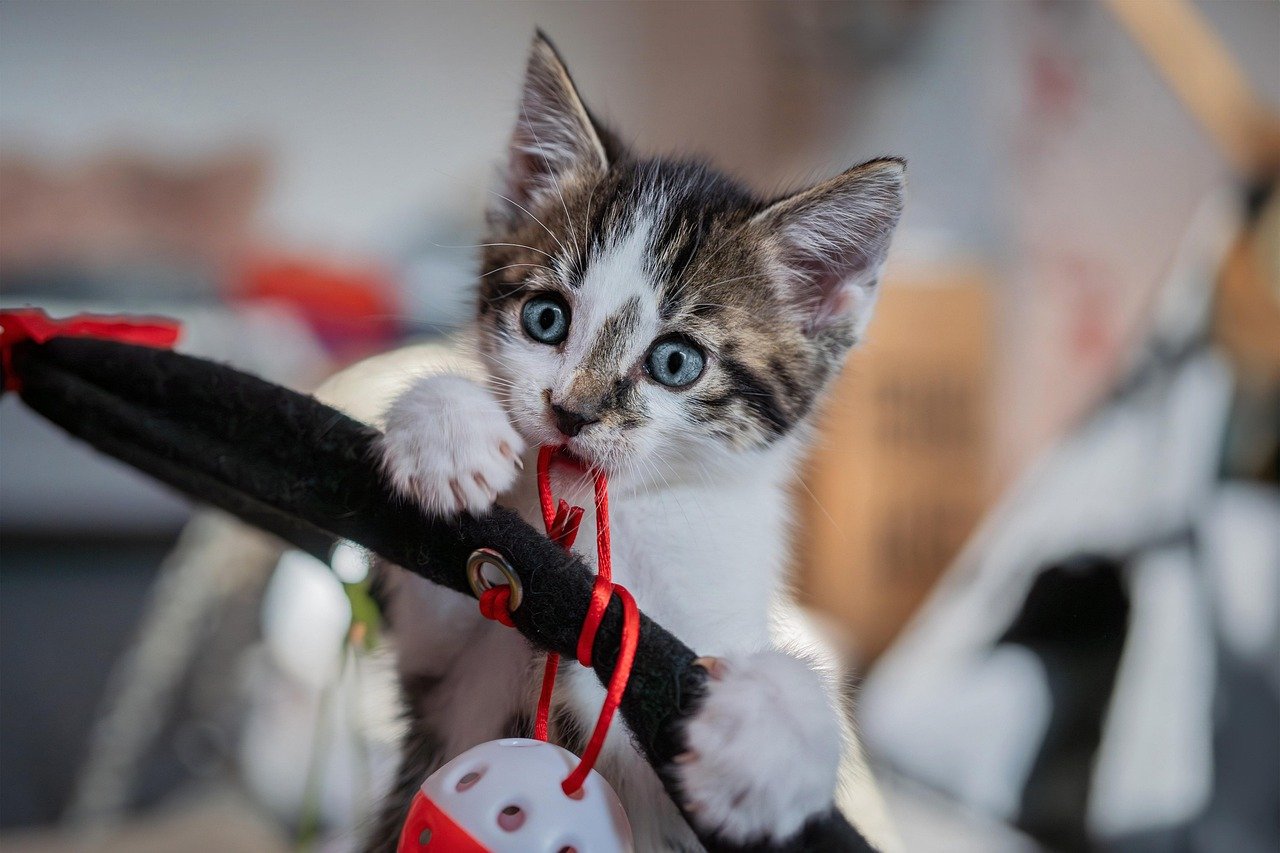
Play and exploration are essential for a cat’s mental health and memory. When cats play, they engage their memory by remembering games, toys, and playmates. Exploration stimulates their natural curiosity, helping them learn and remember new environments. This active engagement keeps their minds alert and their memories sharp.
The Social Memory of Cats
Cats have social memory, remembering their interactions with other animals and humans. They might recall a friendly cat they played with at the park or a neighbor who often stops by to pet them. These social memories influence their behavior during future encounters, showing their ability to recognize and remember social cues.
Memory and the Environment
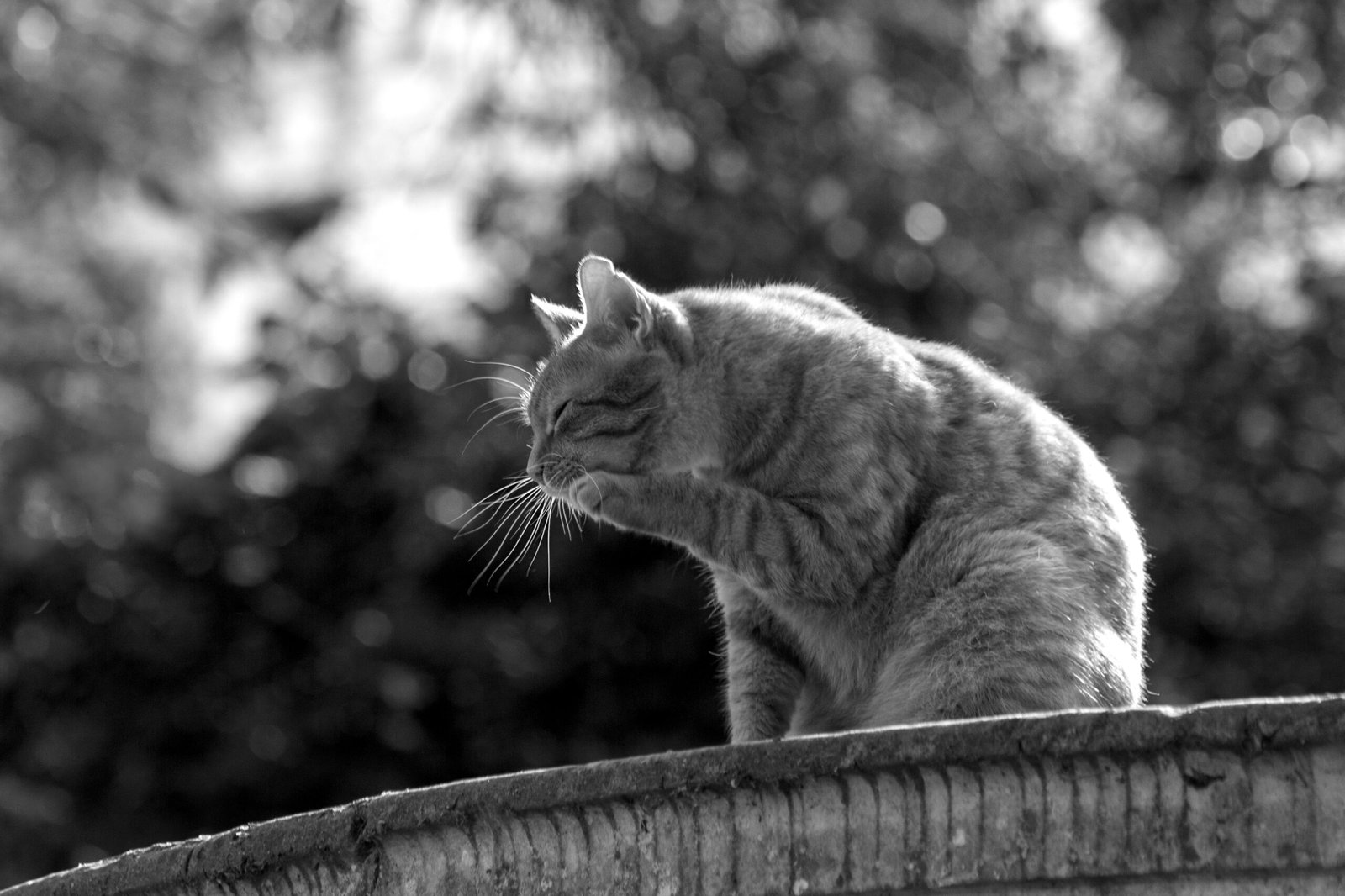
A cat’s environment can significantly influence its memory. Familiar surroundings provide comfort, while new environments can be challenging. Cats remember the layout of their home, including hiding spots and vantage points. Changes in their environment, such as moving to a new house, can initially cause stress as they adapt and form new memories.
Memory in Different Cat Breeds
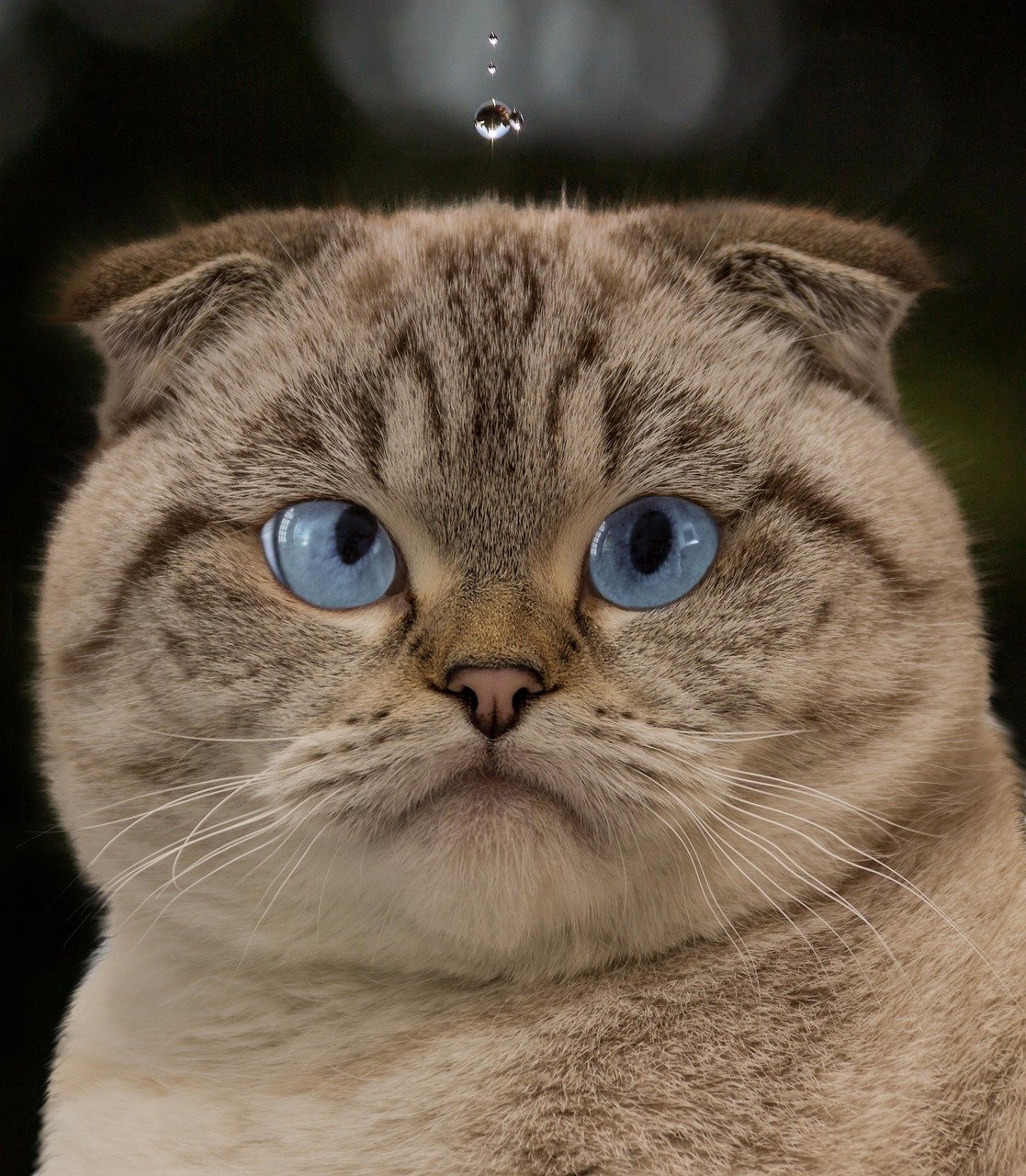
Different cat breeds may exhibit varying memory capabilities. For instance, Abyssinians are known for their playful and curious nature, often remembering complex games and routines. In contrast, more laid-back breeds might focus their memory on comfort and relaxation. Recognizing these differences can help owners cater to their cat’s unique memory and learning styles.
Memory and Problem Solving
Cats are adept problem solvers, and their memory plays a crucial role in this skill. When faced with a challenge, such as opening a door or retrieving a toy, a cat’s memory helps it recall past solutions or similar situations. This ability to learn from experience showcases their intelligence and adaptability.
Memory and Health
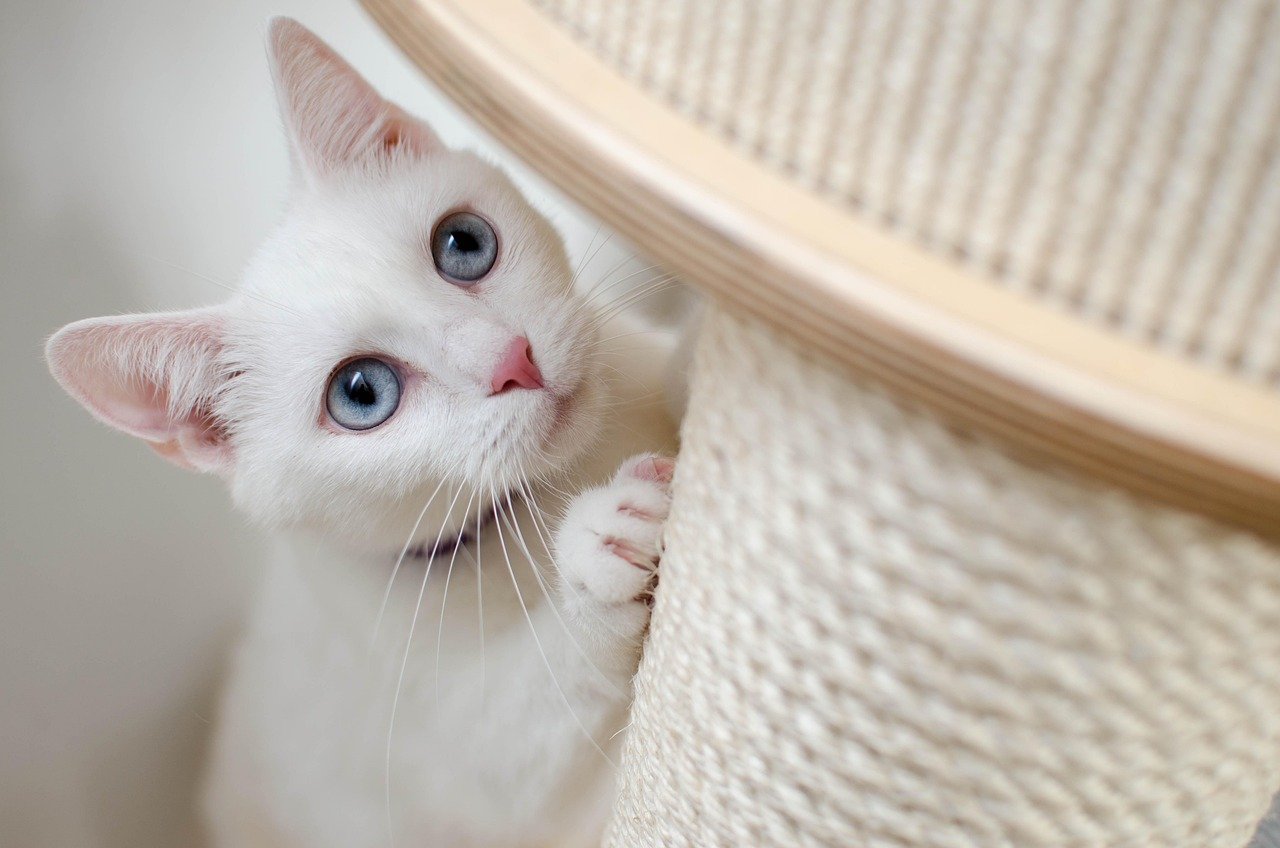
A cat’s overall health can influence its memory. Nutrition, exercise, and regular veterinary care contribute to cognitive health. A well-balanced diet rich in essential nutrients supports brain function, while regular exercise keeps the mind sharp. Monitoring a cat’s health is crucial in ensuring its memory remains intact throughout its life.
How to Support Your Cat’s Memory

Supporting a cat’s memory involves providing mental stimulation, routine, and a loving environment. Engaging activities, such as interactive toys and puzzle feeders, challenge their minds. Consistent routines offer predictability, while a nurturing environment fosters positive memories. These efforts contribute to a happy, healthy cat with a strong memory of its beloved human companion.
In conclusion, understanding cat memory reveals the depth of their emotional and cognitive lives. Their ability to remember experiences, people, and routines underscores the bond they share with their human companions, making them more than just pets but cherished members of the family.
Hi, I’m Bola, a passionate writer and creative strategist with a knack for crafting compelling content that educates, inspires, and connects. Over the years, I’ve honed my skills across various writing fields, including content creation, copywriting, online course development, and video scriptwriting.
When I’m not at my desk, you’ll find me exploring new ideas, reading books, or brainstorming creative ways to solve challenges. I believe that words have the power to transform, and I’m here to help you leverage that power for success.
Thanks for stopping by, Keep coming to this website to checkout new articles form me. You’d always love it!






